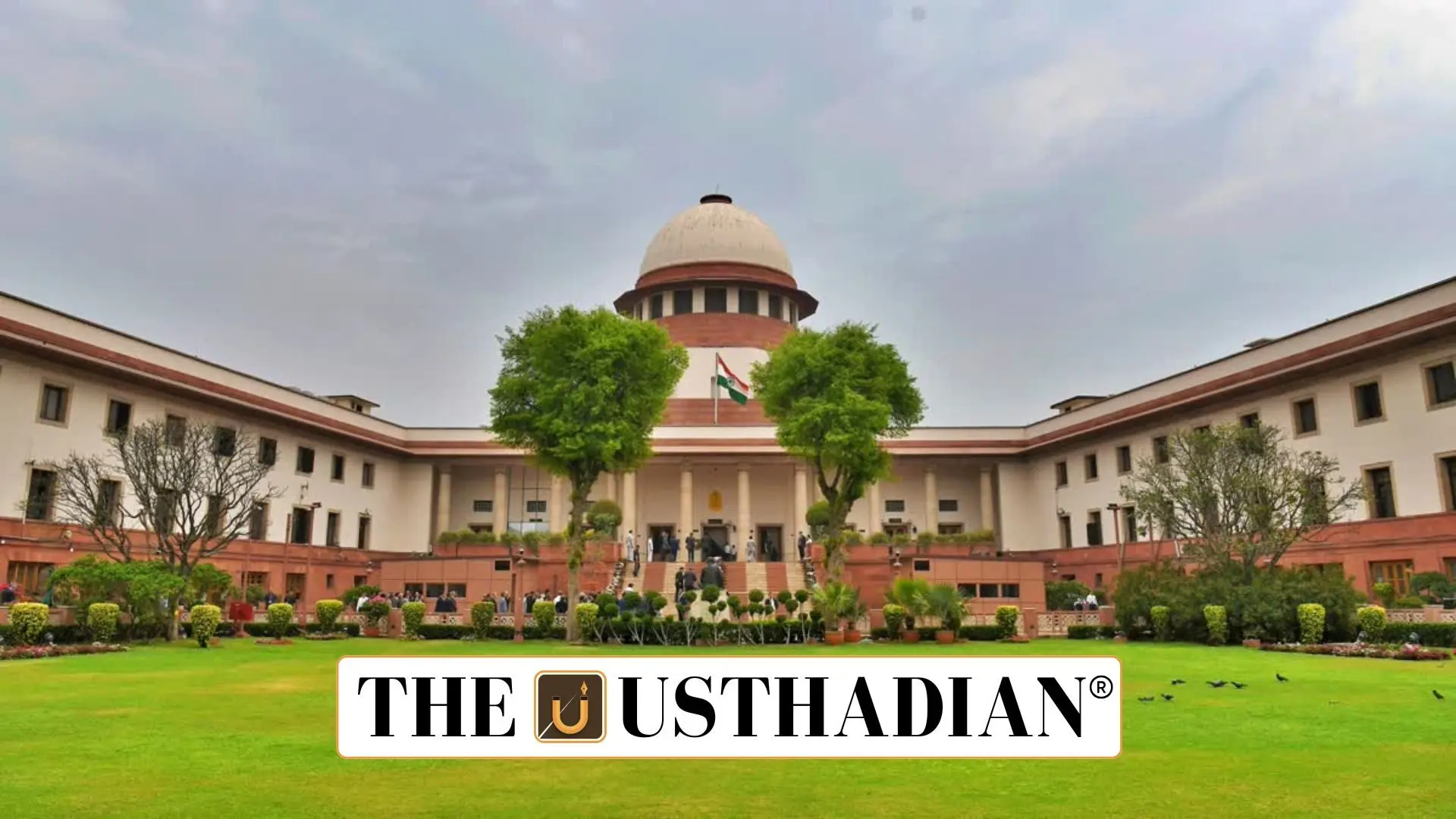Supreme Court Criticizes Governor’s Actions
Supreme Court Nullifies Tamil Nadu Governor’s Delay in Approving State Bills : In a landmark verdict, the Supreme Court of India ruled that Tamil Nadu Governor R.N. Ravi’s decision to forward 10 state legislative Bills to the President was ruled unconstitutional and legally invalid . The bench, comprising Justices J.B. Pardiwala and R. Mahadevan, stressed that the Governor must act as per the advice of the State Cabinet under Article 200 and cannot function as an independent authority.
Timeline of the Dispute and Legal Action
From 2020 to 2023, the Tamil Nadu Assembly enacted 12 Bills, primarily focused on the appointment of Vice-Chancellors. The Governor delayed assent, leading to the State approaching the apex court in November 2023. The Governor subsequently withheld assent to 10 Bills and sent 2 for Presidential review. Even after the Assembly re-enacted the 10 Bills, the Governor once more forwarded them to the President. The Court found this action legally untenable.
Interpretation of Article 200: No Pocket Veto
The Court clarified that under Article 200, a Governor may:
- Grant assent
- Withhold assent
- Reserve the Bill for Presidential consideration
However, once a Bill is re-passed by the Assembly, the Governor is constitutionally obligated to grant assent.The judgment underlined that a Governor is not a political figure and must not delay or obstruct the democratic will of the Assembly.
Article 142 Invoked to Uphold Legislative Power
The Supreme Court invoked its special powers under Article 142, deeming all 10 Bills as assented to by default. The bench slammed the Governor’s “scant respect” for the Constitution and referenced past rulings like the Punjab case. Justice Pardiwala echoed Dr. B.R. Ambedkar, stating that the true strength of a Constitution lies in the commitment of those who implement it.
STATIC GK SNAPSHOT
Supreme Court Nullifies Tamil Nadu Governor’s Delay in Approving State Bills :
| Element | Details |
| Case Title | State of Tamil Nadu vs. Governor of Tamil Nadu |
| Court | Supreme Court of India |
| Judges | Justices J.B. Pardiwala and R. Mahadevan |
| Key Articles | Article 200 (Governor’s Assent), Article 142 (Supreme Court Powers) |
| Governor Involved | R.N. Ravi |
| Central Issue | Delay and referral of 10 State Bills |
| Verdict | Bills deemed assented; Governor’s action invalid |
| Notable Quote | Dr. Ambedkar – “However good a constitution may be…” |
| Relevance for Exams | Polity, Constitution, Governance – UPSC, TNPSC, SSC |








